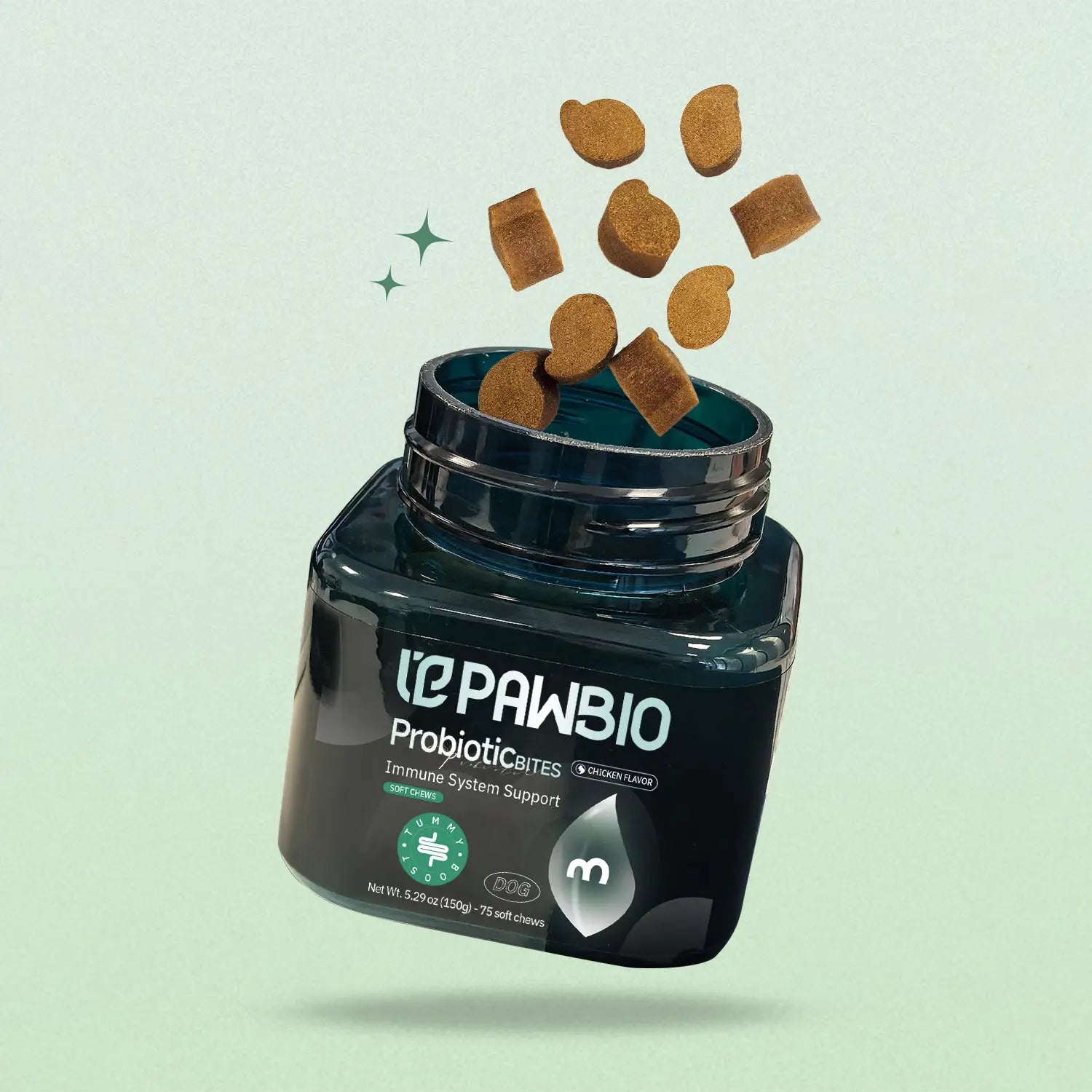By Dr.Sophia Martinez
New Rescue Pup or Kitten? Help Them Feel at Home from Day One
Tips for a Smooth Transition into Their Forever Family
-
Be Mentally Prepared: Many rescue animals have experienced trauma or fear, which may cause them to withdraw or show anxious behavior. It’s important to remain patient and avoid forcing interactions or contact too soon.
-
Creating a Safe Space: Set up a quiet, comfortable "safe haven" for your new pet, like a cozy bed, toys, and a warm blanket. A peaceful environment will help them ease into their new home at their own pace.

The 3-3-3 Rule: Helping Your New Pet Adjust
-
The First Three Days: Your new pet may be very scared or anxious when they first arrive. They might avoid interacting with family members, refuse to eat, or hide in corners. At this stage, it’s best to give them a quiet, secluded space where they can feel secure. Make sure they have their own bed and plenty of water, but avoid forcing them to do anything.
-
The First Three Weeks: During this period, your pet will begin to adjust to their new home and family members. They might become more active, curious, and start exploring the house. You can begin short interactions, like brief walks or playtime. However, they may still be hesitant, so be patient as they continue to build trust.
-
The First Three Months: By this time, your pet will likely feel much more comfortable in their new environment and may start showing their true personality. This is the perfect time to continue socialization and start basic training to help them integrate into your family life.
Building Trust: Gradually Helping Them Adapt to Their New Environment
-
Adaptation Process: Your new pet may feel lonely or uneasy, so it's important to avoid overwhelming them with too many social interactions early on. Slowly guide them through the house, making sure they feel safe during each new experience.
-
Behavioral Techniques: Use positive reinforcement techniques rooted in behavioral science, such as rewarding calm and quiet behavior. This will help your pet adjust to their new environment more quickly and start associating you with safety and kindness.
Nutrition and Health: Providing the Right Nutritional Supplements
-
Nutritional Components: Choose high-quality food rich in Omega-3 fatty acids, Vitamin E, and antioxidants. These nutrients support their immune system and help reduce physical stress responses.
-
Recommended Supplements: Consider using pet supplements, especially probiotics that promote gut health, to help your new pet adapt to a different diet and prevent digestive issues. For example, probiotics containing lactobacillus can help restore gut balance and relieve digestion problems caused by the stress of the new environment.
Emotional Support: Understanding and Caring for Their Feelings
-
Anxiety Relief: You can use professional emotional support products like CBD-infused pet supplements, which help relieve anxiety and calm your pet's nervous system, especially as they adjust to a new environment.
-
Behavioral Training: Establish rules and routines for your new pet to help them feel secure and in control. Training should focus on positive reinforcement rather than punishment to create stable, trust-based behaviors.
Socialization and Training: Helping Them Integrate into Family Life
-
Gradual Socialization: Let your new pet gradually interact with other pets and family members. Start from a distance and slowly reduce it as they get more comfortable, making sure not to overwhelm them.
-
Basic Training: Start with simple commands like “sit” and “come,” which will help them develop good behavior habits and reinforce trust and reliance on you as their caregiver.
Health Monitoring: Regular Veterinary Check-ups and Vaccinations
-
Vaccinations: Consult with your vet to ensure your new pet receives the necessary vaccinations to protect them from common diseases.
-
Parasite Control: Rescue pets might have been exposed to parasites during their rescue journey. Using veterinarian-recommended deworming treatments and parasite preventatives is highly recommended to protect against internal and external parasites, like fleas and ticks.
Professional Guidance and Resources
-
Veterinary Advice: It’s always a great idea to stay in close contact with a professional veterinarian for personalized advice on nutrition, behavior, and health.
-
Online Resources: Recommend trusted online platforms and communities for pet parents to access more support and tips from fellow pet lovers and experts.
Reference
-
American Kennel Club. (n.d.). Bringing home a new puppy. Retrieved from https://www.akc.org
-
Fera Pet Organics. (2022). New rescue pup? The best ways to help your new dog settle in. Retrieved from https://www.ferapets.com
-
PetMD. (2020). How to help your new dog adjust to their home. Retrieved from https://www.petmd.com
-
American Veterinary Medical Association. (2021). Veterinary care for your new pet. Retrieved from https://www.avma.org
-
Humane Society of North Texas. (n.d.). The 3-3-3 Rule for helping your rescue dog adjust. Retrieved from https://www.hsnt.org












